Publications
Articles, publications, books, tools and multimedia features from the U.S. Institute of Peace provide the latest news, analysis, research findings, practitioner guides and reports, all related to the conflict zones and issues that are at the center of the Institute’s work to prevent and reduce violent conflict.

What Can We Learn from Syria’s Devastating Decade of War?
As the Syrian conflict marks its 10th anniversary, the protest movement from which it emerged stands as perhaps the most consequential of the Arab uprisings. The March 2011 peaceful protests that erupted across Syria have since evolved into the world’s most complex conflict. Equally significant, the conflict’s trajectory provides important insights into the complexity of the challenges that lie ahead in Syria, with significant ramifications for the region and the broader international community.
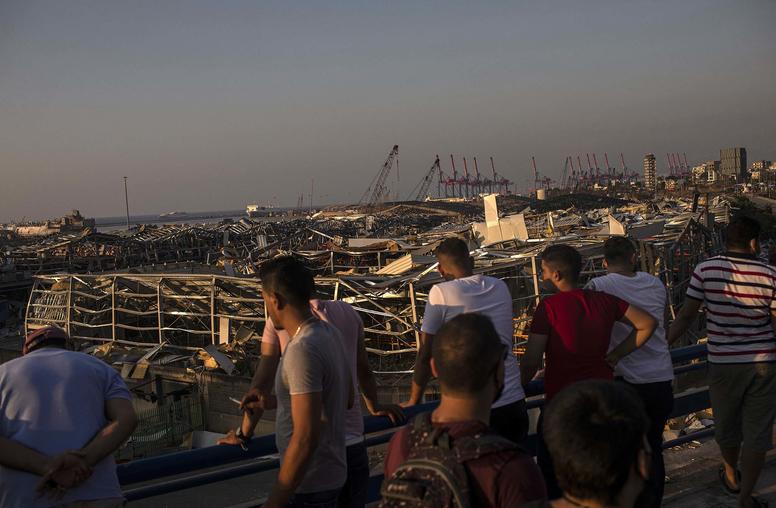
As Lebanon Melts Down, Can it Avert Total Collapse?
As Lebanon marks the seven-month anniversary of the catastrophic blast at the Beirut port last August 4, the country appears to be in a rapidly accelerating free fall. Lebanon’s currency continues to plummet in value, hitting new lows this week. With foreign exchange reserves falling, Lebanese officials have raised fresh concerns that the country may soon not be able to import key necessities such as food and fuel. Meanwhile, despite a COVID pandemic surge, angry Lebanese have taken to the streets across the country, protesting the rapidly deteriorating economic and social conditions. At the same time, efforts to form a new cabinet following the government’s collapse last August remain stalemated.
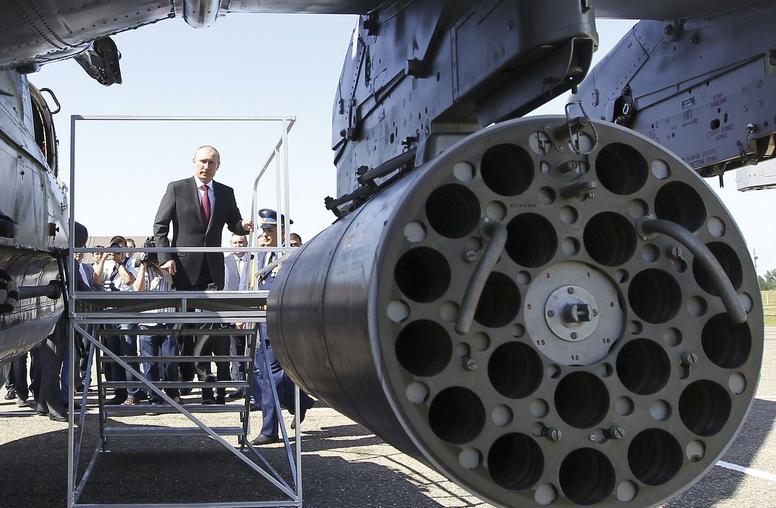
What is Russia’s Endgame in Syria?
Five years into Russia’s military intervention in Syria, understanding Moscow’s endgame could provide critical insights into the decade-long conflict’s trajectory, as well as Russia’s posture in the Middle East and beyond. Although still evolving and subject to internal debates, Moscow’s Syria strategy appears to be centered on a “spheres of influence” model. In this model, Syria is divided into distinct realms under the sway of competing external patrons.
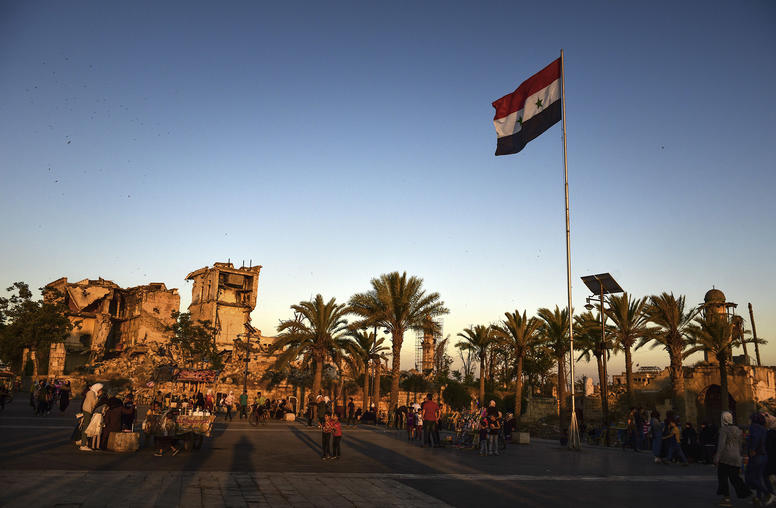
The Best Hope for Sustained De-escalation in Syria
As the conflict in Syria approaches its 10th anniversary, a holistic political settlement encompassing the entirety of the country is unlikely in the near to medium term. More than eight years of diplomatic initiatives have yielded only limited results. The two principal tracks—the Geneva and the Astana/Sochi processes—are running up against the complexity of the conflict and an emboldened Assad regime; neither process is sufficient on its own to generate momentum toward a lasting political settlement for the whole of Syria. However, creatively bridging these two processes could bring greater stability to those areas of Syria still beyond the Assad regime’s control, assuaging the suffering of some Syrians, and potentially serving as a building block for a longer-term settlement.
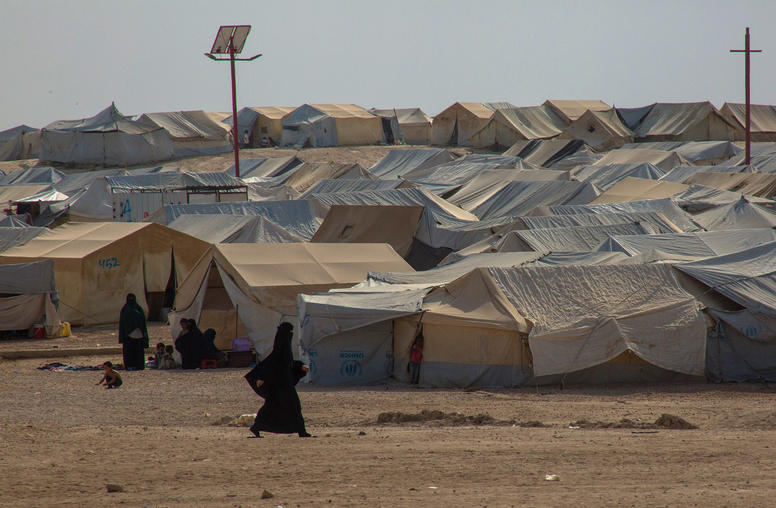
Can Syrians Who Left ISIS Be Reintegrated into Their Communities?
More than a year since the territorial defeat of ISIS, the region is still reeling in the wake of the self-styled caliphate’s destruction. Kurdish authorities operate two dozen detention facilities in northeast Syria holding thousands of former ISIS fighters. On October 5, Kurdish authorities in charge of al-Hol said they would free the 24,000 Syrians in the camp, where conditions have become increasingly unsustainable. USIP’s Mona Yacoubian, Chris Bosley, and Leanne Erdberg Steadman look at what led to the decision to release these Syrians and the challenges ahead for reintegrating them into their communities.
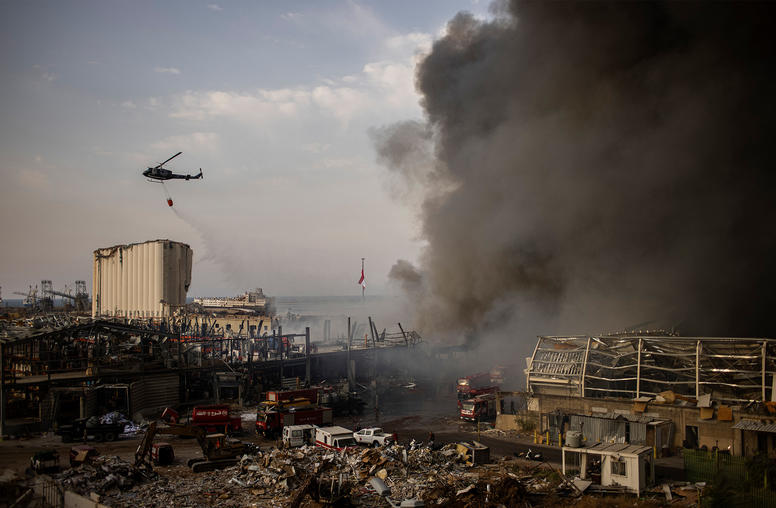
Lebanon on the Brink as Reform Remains Stalled After Beirut Blast
More than two months after a massive explosion rocked Beirut, the country’s twin political and economic crises continue to spiral while a COVID crisis descends upon the Mediterranean nation. International aid for repairing billions in damage and bolstering Lebanon’s flailing economy is largely contingent on sweeping political reforms that have yet to materialize. After another Lebanese prime minister resigned last month, President Michel Aoun has called for consultations next week with members of parliament to name a new premier. This comes days before the October 17 anniversary of mass protests that broke out last year, which began as demonstrations against unpopular taxes but rapidly expanded to calls for an overhaul of the country’s sectarian-based political system.
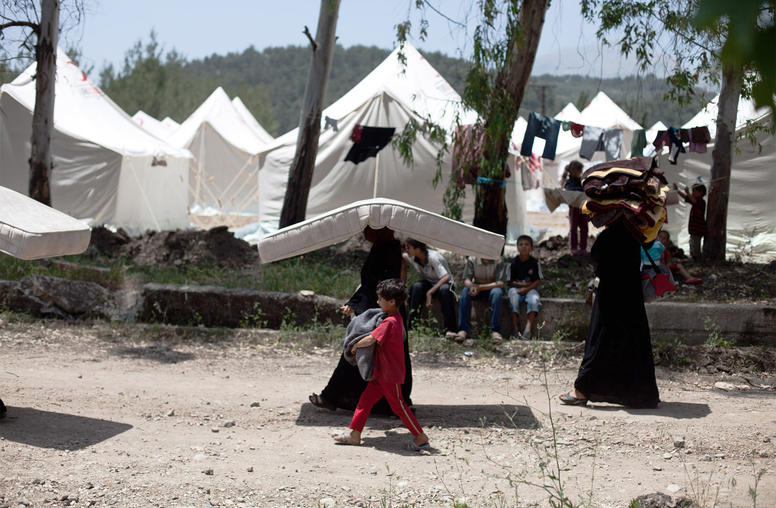
COVID Will Lead to More Child Marriage—What Can Be Done?
The impact of the COVID pandemic continues to be felt around the world, with economies shuttered and political systems increasingly strained. Another of the downwind effects of the pandemic—one that has not been leading the headlines—is that it is expected to lead to a sharp increase in early child marriage. In many countries, when crisis hits, early child marriage increases exponentially.
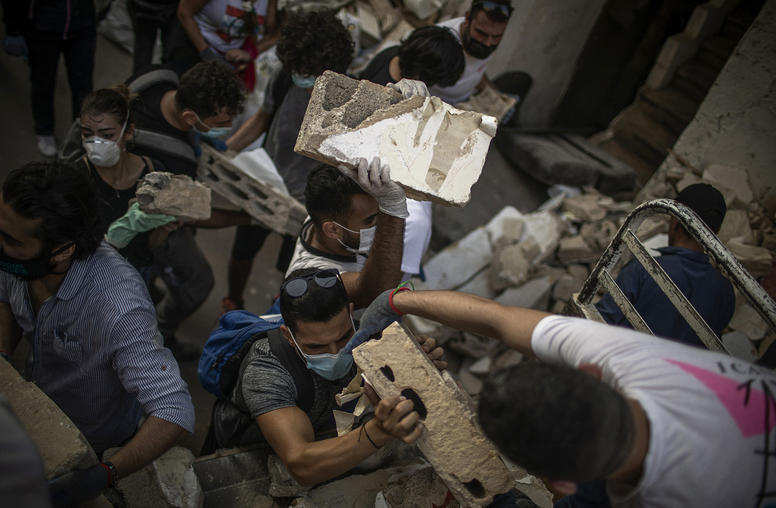
After Beirut Blast, What’s Next for Lebanon’s Broken Political System?
A massive explosion ripped through the Port of Beirut on August 4, sending shockwaves through the Lebanese capital, killing approximately 200, injuring thousands, and leaving upwards of 300,000 homeless. This comes with Lebanon already on the brink of economic collapse, struggling to address a COVID outbreak, and as the trust gap between citizens and the state is wider than ever. Although in the immediate aftermath of the explosion some suggested Lebanon had been attacked, the cause of the explosion is likely much more banal: government negligence resulted in thousands of pounds of explosive chemical material to be improperly stored in the port for years. USIP’s Elie Abouaoun and Mona Yacoubian examine what this means for Lebanon’s beleaguered political system, the long-term implications for the country, and how the international community has responded so far.
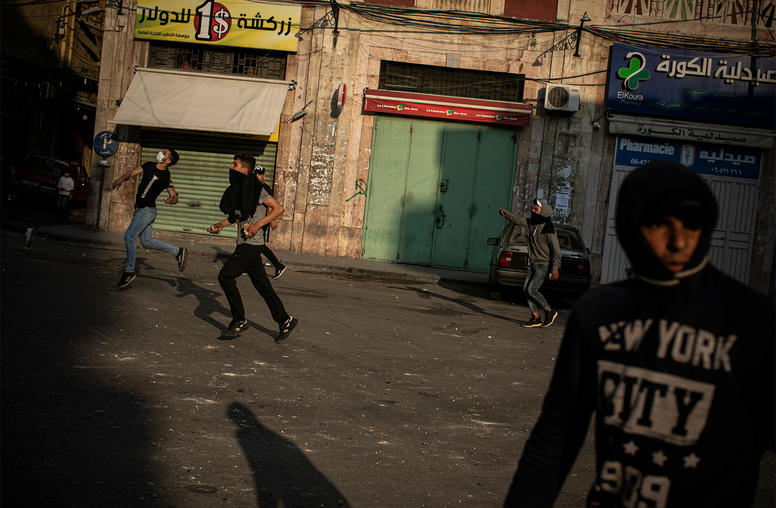
Lebanon's Unraveling Could Upend the Region and U.S. Interests
While Americans are understandably preoccupied with multiple crises at home, a catastrophe is looming in Lebanon with significant implications for the United States. Roiled by a major debt crisis that has been compounded by the COVID-19 pandemic and economic lockdown measures, Lebanon is rapidly spiraling toward the worst-case scenario: a failed state on the eastern Mediterranean.
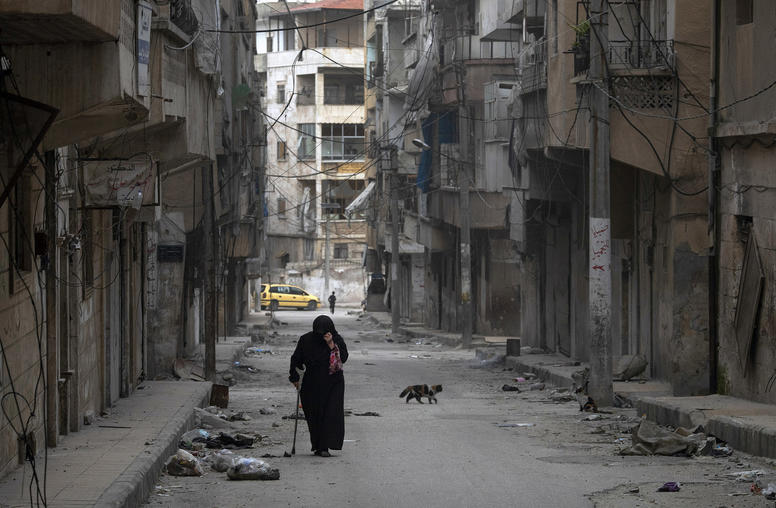
How Will New U.S. Sanctions Impact Syria’s Conflict?
After nearly a decade of civil war and strife, Syria’s long-troubled economy is in tatters with spiraling hyperinflation, food shortages, and widespread unemployment. The Syrian pound has less than a fifth of the currency’s value from this time last year. These economic woes have led to new protests in areas long controlled by the regime. Amid this economic turmoil, the U.S. Caesar Syria Civilian Protection Act comes into force today, targeted at key internal and external pillars of support for the Assad regime. USIP’s Mona Yacoubian looks at what led to the economic collapse, how the regime is responding to the protests, and the implications of the new U.S. sanctions.